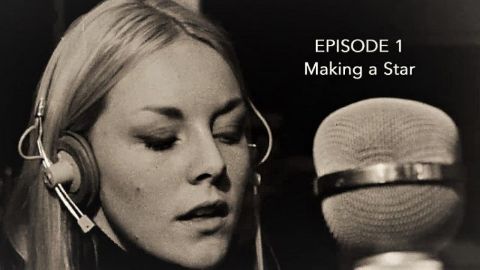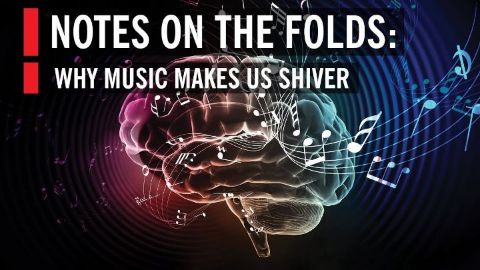You might also like
Tom Service plunges into the life and times of Mozart to try and rediscover the greatness and humanity of the living man in his moment.
In the first programme of the series, music agent Emma Banks looks at how the music business finds talent and creates superstars. Over 25 years as one of the top agents in the business, Emma has worked with some of the world's most famous artists, including Katy Perry, Kanye West and Red Hot Chili Peppers. She's seen first-hand the fine line between success and failure, following the careers of hundreds of acts - from geniuses who never quite made it to megastars who conquered the world.
S1E1 • Hits Hype and Hustle: An Insiders Guide to the Music Business • 2018 • Music
Suzy Klein explores the use, abuse and manipulation of music in the Second World War - from swinging jazz to film soundtracks and from ballads to ballets. The war, she demonstrates, wasn't just a military fight but an ideological battle where both sides used music as a weapon to secure their vision for civilisation. Suzy reveals how the forces' sweetheart Vera Lynn was taken off air by the BBC for fear her sentimental songs undermined the British war effort. She reveals the war work of two British composers. Walton's Spitfire Prelude became the archetype for a particularly British form of patriotic music. By contrast, Tippett was sent to prison for being a conscientious objector, but his anti-war oratorio A Child of Our Time was showcased at the Royal Albert Hall. Suzy examines Olivier Messiaen's haunting Quartet for the End of Time, written in a POW camp. At Auschwitz, Suzy reveals how music was co-opted to serve the Nazis' evil purposes.
S1E3 • Tunes for Tyrants • 2017 • Music
Scientists are now finally discovering what thinkers, musicians, or even any of us with a Spotify account and a set of headphones could have told you on instinct: music lights up multiple corners of the brain, strengthening our neural networks, firing up memory and emotion, and showing us what it means to be human. In fact, music is as essential to being human as language and may even predate it. Can music also repair broken networks, restore memory, and strengthen the brain?
World Science Festival • 2019 • Music
Suzy Klein reaches the 1930s, when the totalitarian dictators sought to use and abuse music for ideological ends. Suzy looks at the lives of Richard Strauss, Dmitri Shostakovich and Sergei Prokofiev, who produced some of the 20th-century's best-loved music whilst working for Hitler and Stalin. The political message of Peter and the Wolf is revealed as well as the secret code hidden in Shostakovich's quartets and Strauss's personal reasons for trying to please the Nazis. Suzy also uncovers why Hitler adored Wagner but banned Mendelssohn's Wedding March; how Stalin used music to subtly infiltrate minds; and why Carl Orff's Carmina Burana, a Nazi favourite, appeals to our most primitive senses. Suzy also raises some intriguing questions: Can we pin meaning onto music? What are the moral responsibilities of artists? And did the violence and tyranny of those regimes leave an indelible stain on the music they produced?
S1E2 • Tunes for Tyrants • 2017 • Music
How many times does the chorus repeat in your favorite song? How many times have you listened to that chorus? Repetition in music isn’t just a feature of Western pop songs, either; it’s a global phenomenon. Why? Elizabeth Hellmuth Margulis walks us through the basic principles of the ‘exposure effect,’ detailing how repetition invites us into music as active participants, rather than passive listeners.





